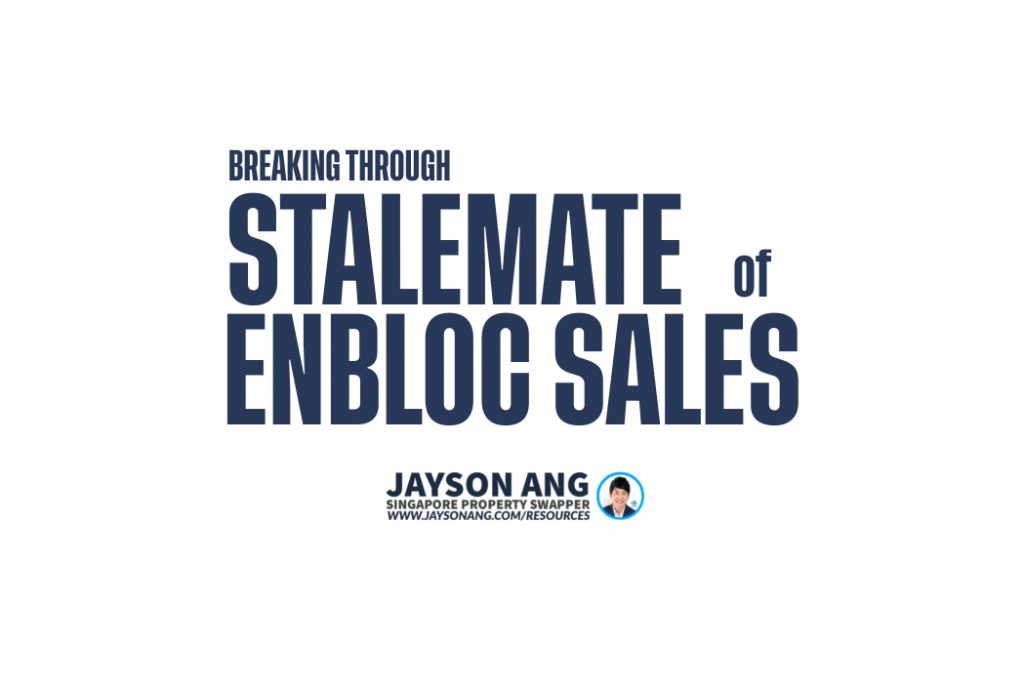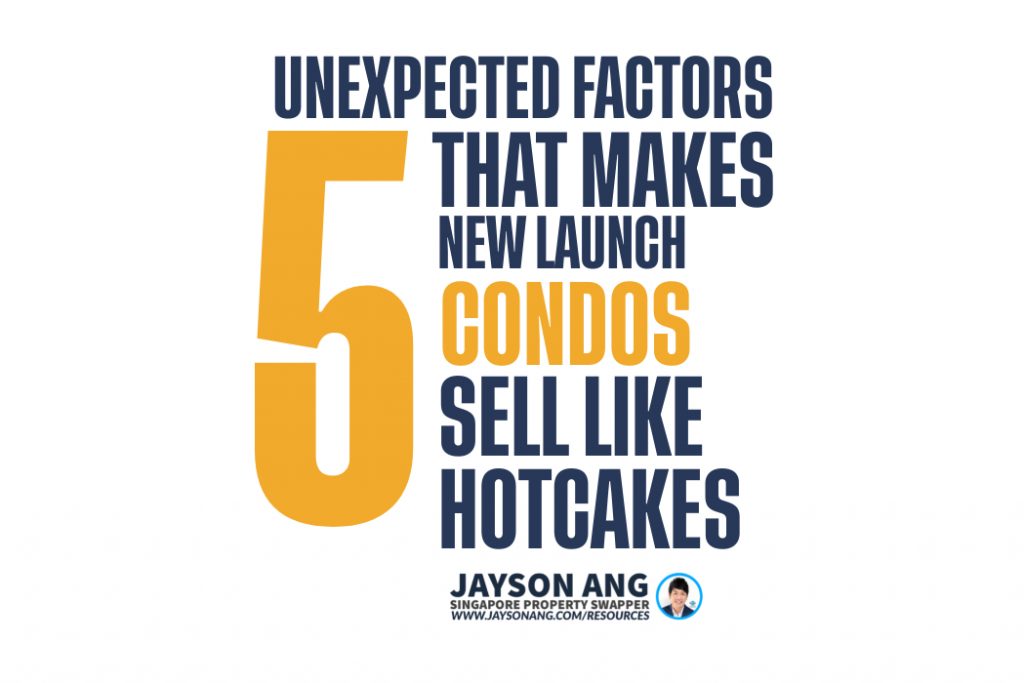Buying an older property can be a dream come true for many homebuyers, as these homes often come with unique character, charm, and history. However, there are also potential pitfalls and hidden secrets that you should be aware of before making such a significant investment.
We will uncover the top 5 considerations and secrets of buying older properties that they won’t tell you, so you can make an informed decision and enjoy your new home without any unpleasant surprises.
1. Foundation Issues and Structural Concerns:
Older homes may have foundation problems or structural concerns that are not immediately visible. These issues can lead to costly repairs and even compromise the safety of the property. Be sure to hire a qualified inspector with experience in older homes to thoroughly assess the property’s foundation and structure before making a purchase.
2. Hazardous Building Materials and Toxic Gases:
Many older homes were built using materials that are now considered hazardous, such as asbestos and lead paint. Additionally, radon gas, which is a naturally occurring radioactive gas, can accumulate in older homes and pose health risks. Ensure that proper inspections are conducted to identify and address any hazardous materials or toxic gases present in the property.
3. Outdated Electrical and Plumbing Systems:
Older homes often have outdated electrical and plumbing systems that may not meet current safety standards. These systems can be expensive to upgrade and may require extensive work to bring them up to code. Before purchasing an older property, consult with an electrician and plumber to assess the condition of these systems and estimate the cost of necessary upgrades.
4. Insulation and Energy Efficiency:
Many older homes lack proper insulation, leading to higher energy bills and less comfortable living conditions. Upgrading insulation and improving energy efficiency can be a significant expense but will ultimately save you money in the long run. Consider the costs of these improvements when evaluating the overall value of an older property.
5. Preservation Restrictions and Renovation Limitations:
If the older property you are considering is designated as a historic home or located in a historic district, there may be preservation restrictions and limitations on renovations. These restrictions can affect your ability to make changes to the property and may require additional approvals and permits. Be sure to research any applicable restrictions and factor them into your decision-making process.
Purchasing an older property can be a rewarding experience, but it’s essential to be aware of the potential challenges and hidden secrets that come with owning a piece of history. By considering these top 5 considerations and uncovering the secrets of buying older properties, you can make an informed decision and enjoy your new home without any unexpected surprises. Remember, the key to a successful purchase lies in thorough research, enlisting the help of experienced professionals, and being prepared for the unique challenges that come with owning an older home.
Should You Buy, Sell or Wait?
If you’re reading this, you must be trying to figure out the best course of action right now: is it the right time to buy or sell?
It’s difficult to give an exact answer since everyone’s situation is unique and what works for one person may not necessarily work for you.
I can bring you a wealth of on-the-ground experience and a data-driven approach to provide clarity and direction. From beginners to experienced investors, our top-down, objective approach will help you on your real estate journey.
I can help you by:
- Offering Strategic Real Estate Advice – I can help create a comprehensive plan to guide you through your property journey.
- Connecting Your Home with the Perfect Buyers – Through stunning visuals, an effective communication strategy, and an in-depth knowledge of the market, we’ll ensure your home is presented in the best possible way to fulfill your goals.
You May Also Like …



















































































